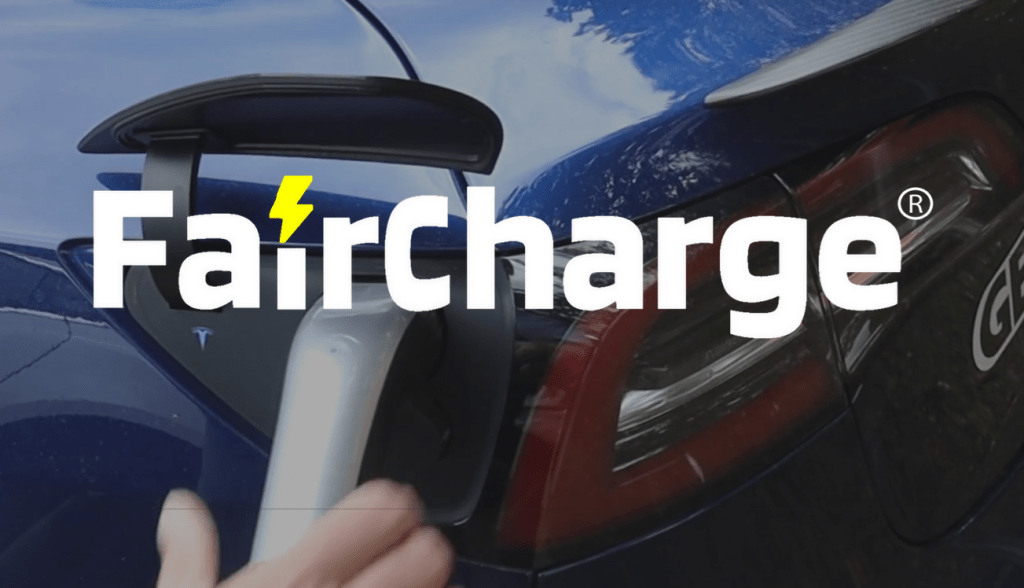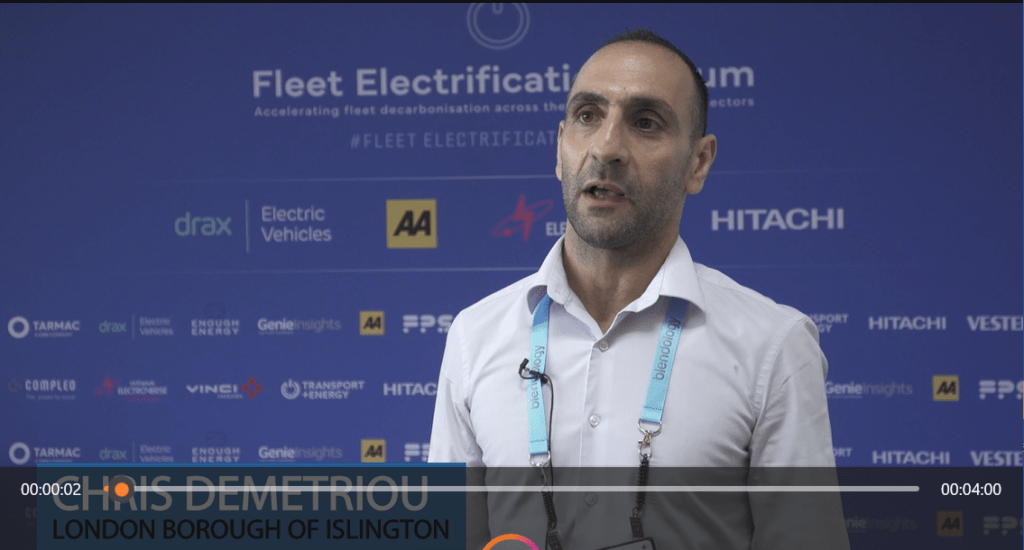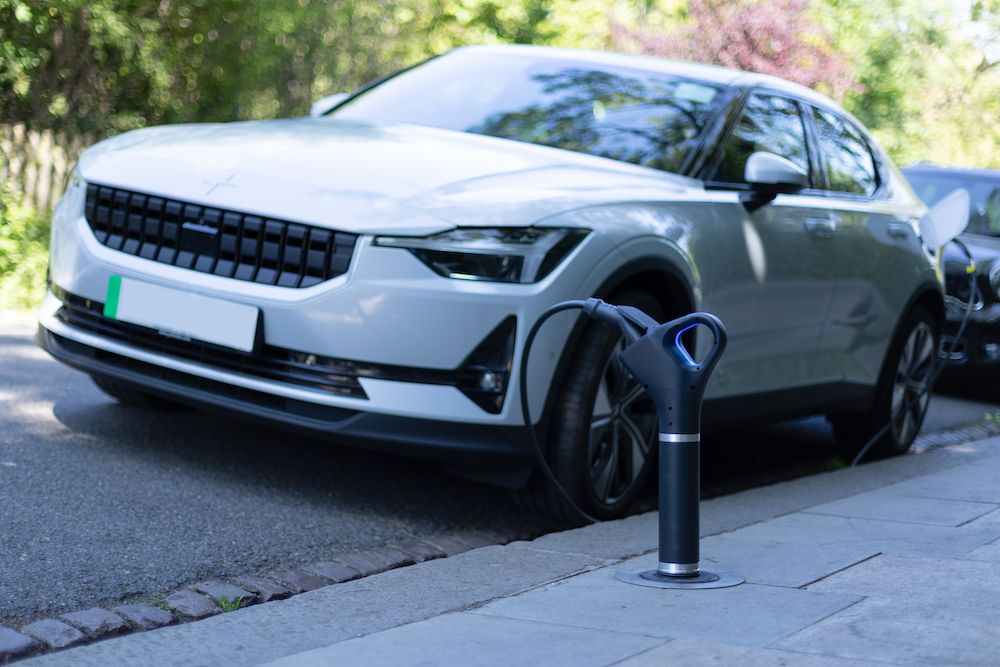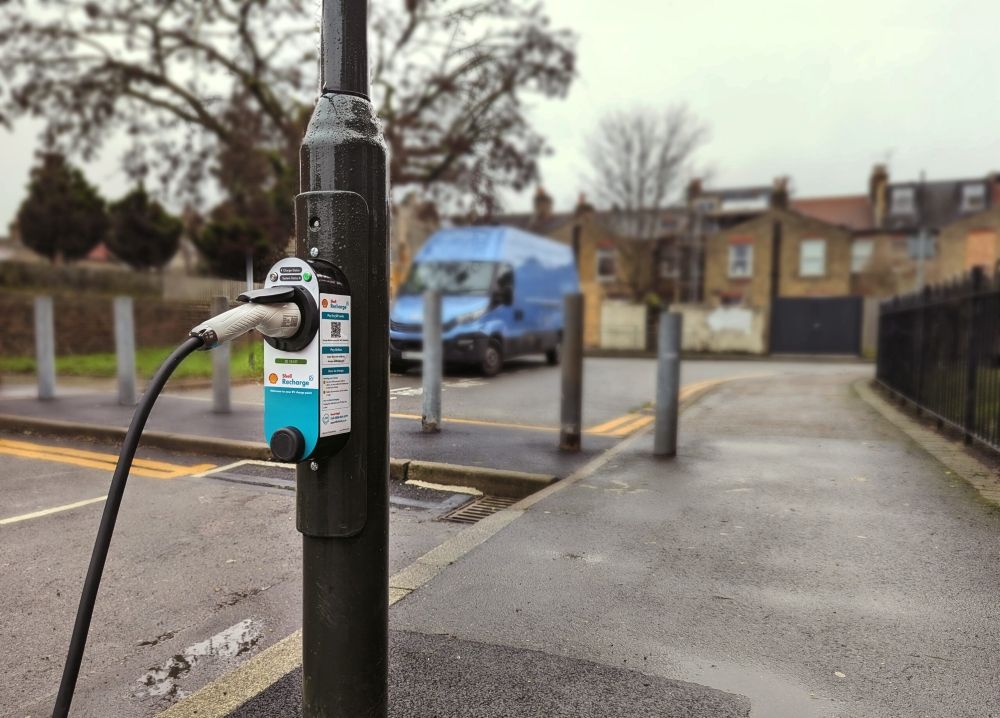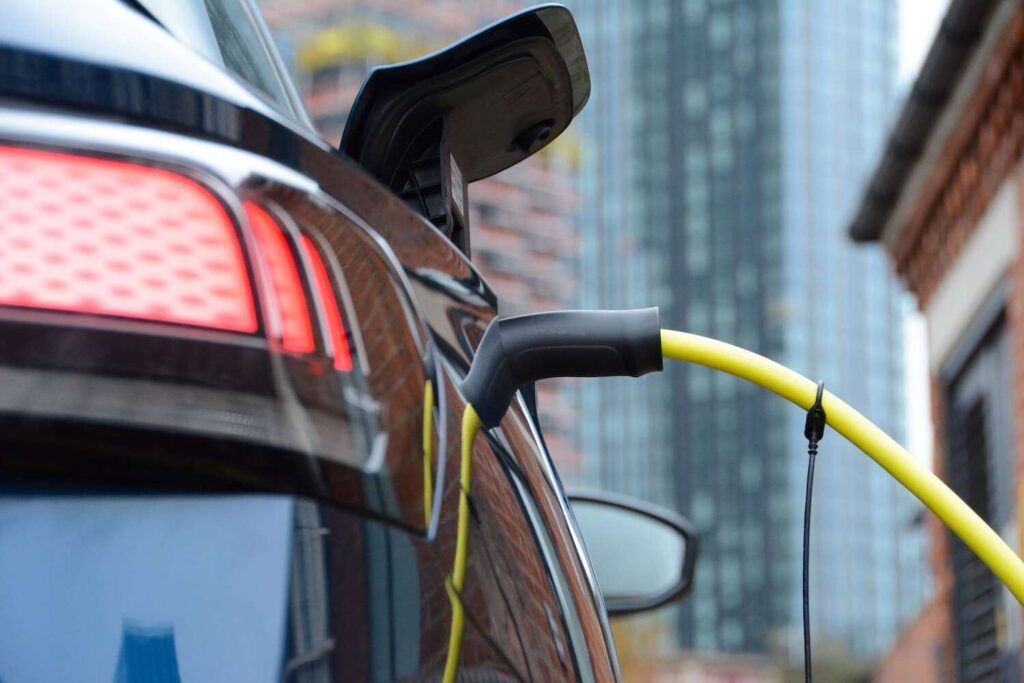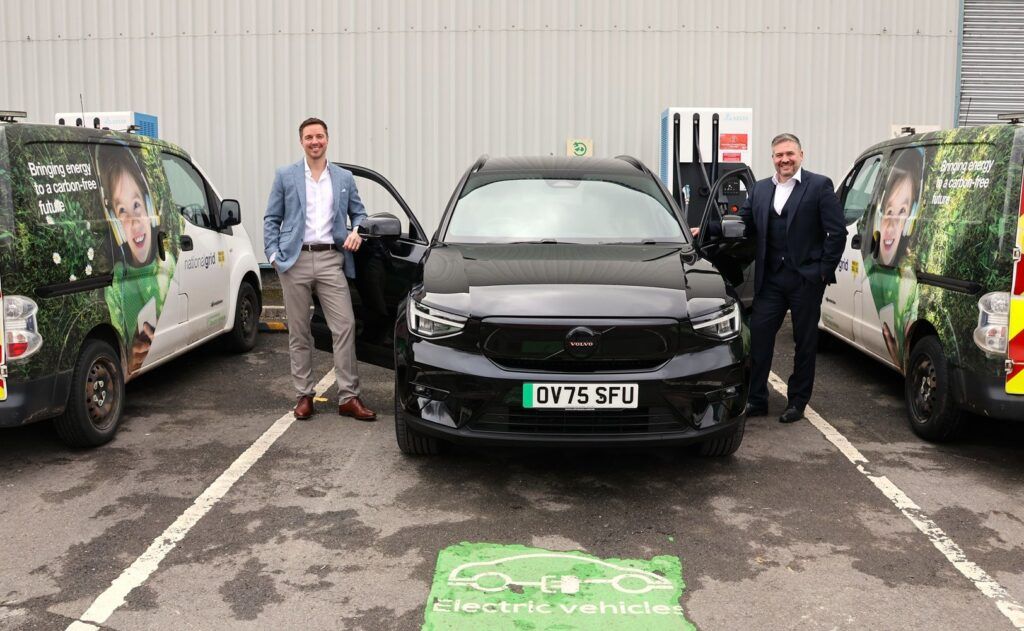Electric vehicle (EV) campaign group FairCharge, in partnership with the RAC, have created the UK’s first charter for EV public charging with the aim of improving standards on the UK’s rapidly growing charging network.
Supported by Robert Llewellyn’s Fully Charged Show, trade body Recharge UK, and EV disability champion ChargeSafe, the charter calls for the implementation of world-class standards across the UK EV charging sector.
FairCharge and the RAC are therefore calling for it to become a minimum set of standards for Government, local authorities, landowners and charge point operators.
FairCharge founder Quentin Willson said: “I’ve this week written to the new energy secretary urging her to support this campaign and help boost the UK’s energy independence and security. We’ve produced this charter after talking to hundreds of EV drivers and it represents their wish list for building a world-class public charging network.
“Government, operators, councils, and local authorities should reflect on what these pioneering drivers of EVs have told us. Only by carefully listening to those who have already driven electric cars for years will this country get the charging infrastructure and EV policies to be fit for the future.”
Recommendations include a 99% charger reliability guarantee, clear information for consumers on working and non-working chargers along with a 48-hour repair target. Signs on major roads and motorways should show locations of the fastest chargers and charge point operators (CPOs) should ensure the price per kWh is always clearly displayed.
The charter also calls for chargers to be located in safe, well-lit areas, and be accessible to all drivers, regardless of physical abilities. Parking operators and local councils should make their EV parking terms and conditions clear and unambiguous and not allow parking while charging to become a revenue stream. Payment should be faff-free using contactless bank and debit cards without needing to download apps with digital receipts showing any VAT element easily available.
RAC spokesman Rod Dennis said: “As the market for electric cars really starts to open up in the UK, it’s vital we have enough public chargers in enough locations to make charging as straightforward as possible.
“But quality is as important as quantity: drivers will quickly become frustrated if they discover chargers that aren’t working, or they can’t clearly see how much they’re going to pay before they plug in. And for those with specific accessibility needs, having chargers that meet the new British Standard is absolutely vital.
“This charter – a first for the UK – addresses all these issues and more which is why we’re calling on the whole sector to get behind it and help deliver an electric car charging experience that puts drivers first.”
Matthew Adams, Transport Policy Manager at the Association for Renewable Energy & Clean Technology (REA), said: ”FairCharge’s Electric Vehicle Charging Charter should be considered the clearest pathway to a fair, faff free charging experience in the UK. RECHARGE UK supports all the points in this Charter, believing we must urgently address the unfair 20% VAT rate at public charge points, and ensure reliability, accessibility and safety is addressed as soon as possible to encourage a faster uptake in EVs. We should always be conscious in our rollout that the customer is the most important piece in the net zero journey and this Charter does an excellent job in reminding us all of that.”
The charter follows recent calls by Recharge UK, which is the EV arm of the Association for Renewable Energy and Clean Technology (REA), ChargeSafe and FairCharge for all public EV charging sites to have accessible charging mandated.
A voluntary British Standard introduced last year has helped ensure that charging an EV is accessible for all users, including disabled people. PAS 1899:2022 gives designers, procurers, and installers essential specifications on how to provide accessible public charge points for electric vehicles.
FairCharge and the RAC also continue to campaign for a reduction in VAT on public charging from 20% to 5% and the charter includes a recommendation to the Treasury to reduce the cost to consumers without driveways who rely on public devices – a change that would have a negligible impact on the Government’s finances. These drivers are being unfairly penalised because of an archaic tax policy that is no longer fit for purpose.



